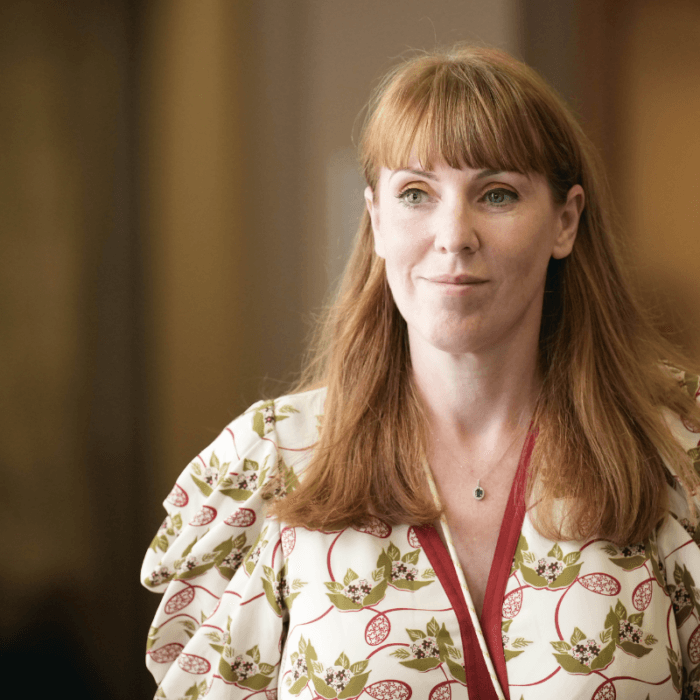Thousands of young people in council care were last year placed in accommodations miles from their home, with “far too many” disconnected from their local community, a new report has found.
In total, 4,600 young people were affected, marking an 18 percent increase since 2019.
Researchers pointed to “chronic lack of availability” in local areas, the rising demand for accommodation and flatlining foster carer capacity as mains reasons for the development.
The report, released to coincide with CCN’s annual conference in Marlow, aims to mark a “turning point” for children’s services in England.
CCN children’s services spokesman Roger Gough said the social care system is “broken,” with councils footing “astronomical” bills for placements.
Funding and Reforms
The report comes amid a long-standing crisis in local government financing, which has seen many councils accumulate debt and cut services to residents, including in social care, housing, environment, and planning.Local authorities have been urging the government to boost funding in its mission to reform social care and shift to preventative services.
The government has pledged to provide over £250 million in 2025–26 to support children and reduce costs for local authorities.
The government also pledged over £250 million to test new ways of working in children’s social care next year, including the pre-announced £44 million pilot allowance for kinship carers and new foster placements, enabling more children to stay in family environments.
The Budget also detailed the recipients of £6.7 billion in capital investment, with £90 million set aside to renovate and expand the children’s home estate.
The government’s children’s social care reform plans, likely to be announced next spring, aim to “help children to stay with their families where possible and fixing the broken care market.”
Gough said that the commitment to reform is a “step in the right direction,” but urged the government to deliver changes within 12 months of the Spending Review next year.
“The government has promised to fix the foundations: it should start by fixing the foundations of children’s services,” he added.
‘System in Desperate Need of Attention’
Authors of the report warned that without action, there could be a record number of young people placed in children’s homes by the end of the decade.The report estimated the figure to reach 22,500, more than double the amount (10,000) in residential care in 2019.
Researchers said that foster carer recruitment and retention should be reviewed. The report also said there should be a requirement for all children and young people to be cared for within their local area or region.
A survey of local authorities showed that 94 percent believe that costs could be reduced if coordination and planning for placements was carried out more effectively.
Authors of the report also found the current system favours short-term “transactional” interactions between councils and care providers, rather than long-term commissioning alongside local partners such as health services.
Dominic Luscombe, director at Impower Consulting, said that children’s social care was a “system in desperate need of attention.”
“Far too many children are in the wrong care for their needs because of the lack of available alternatives, the dysfunctionality of the care market, and a system that can place too much focus on ‘risks’ rather than young people’s needs and aspirations.
“Councils, providers and local partners must work differently to address this challenge, supported by legislative and regulatory change and the right investment from government,” Luscombe said.







